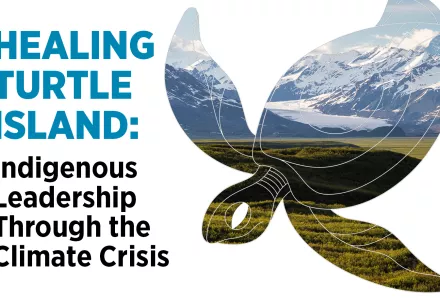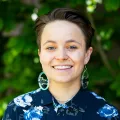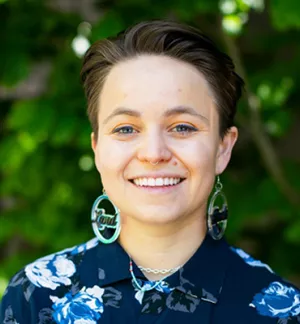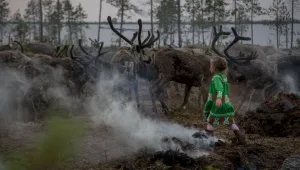
Discussions of innovative approaches to the climate crisis held at Harvard Kennedy School rarely feature Indigenous approaches, and even fewer center Indigenous perspectives as the primary goal.
To that end, the Native and Indigenous Caucus at Harvard Kennedy School, in partnership with the Belfer Center's Arctic Initiative, held a day-long hybrid convening to highlight Indigenous leadership in addressing the climate crisis. The event brought together Indigenous leaders from across the globe to discuss the following questions:
- How has the climate crisis uniquely affected Indigenous communities?
- In what ways does an "Indigenous" approach to the climate crisis differ from non-Indigenous approaches? How does this differ across regions and communities?
- What are examples of impactful activism by Indigenous writers, activists, government leaders, and youth? What can students and the broader HKS community learn from these examples?
Perspectives from the Arctic were specifically featured to acknowledge the fact that Arctic Indigenous voices are often marginalized in broader climate conversations despite the crisis' disproportionate impact on Arctic communities. The event highlighted Arctic communities' extensive resistance knowledge and long-running efforts spanning decades.
Sponsors: Harvard Kennedy School Native and Indigenous Caucus, the Belfer Center's Arctic Initiative, the Harvard University Native American Program, the Harvard Project on American Indian Economic Development
Recordings
Opening Remarks and Panel 1: Resistance and Activism
Panel 2: Knowledge Production, Art, and Media
Panel 3: Governance and Closing Remarks
Resources & Organizations
- Guiding Principles for Working in Northern Communities, Darcy Peter
- Life in the City of Dirty Water, Clayton Thomas-Muller. Additional resources can also be found from the Indigenous Environmental Network.
- Learn more from Brook Thompson on water justice work in U.S. West Coast Indigenous communities by listening to her latest podcast or reading articles from her website.





